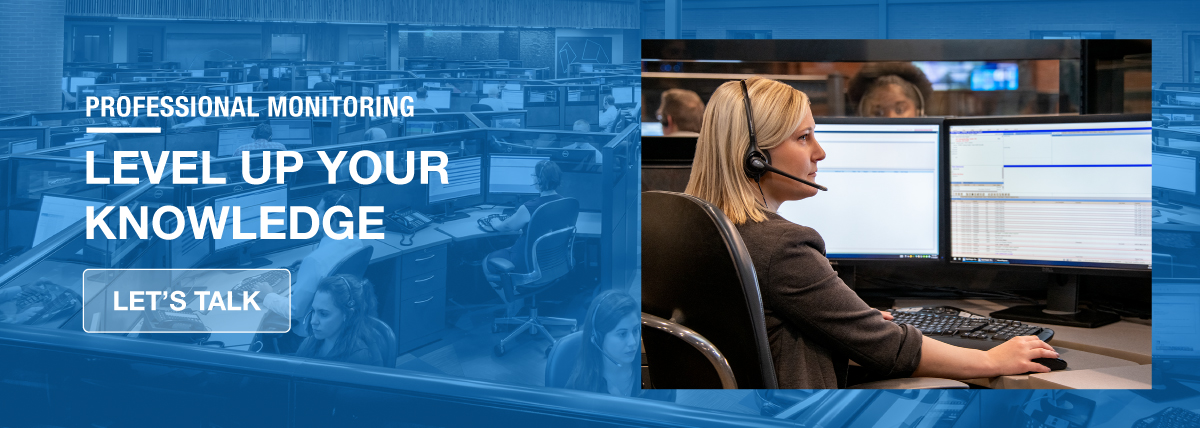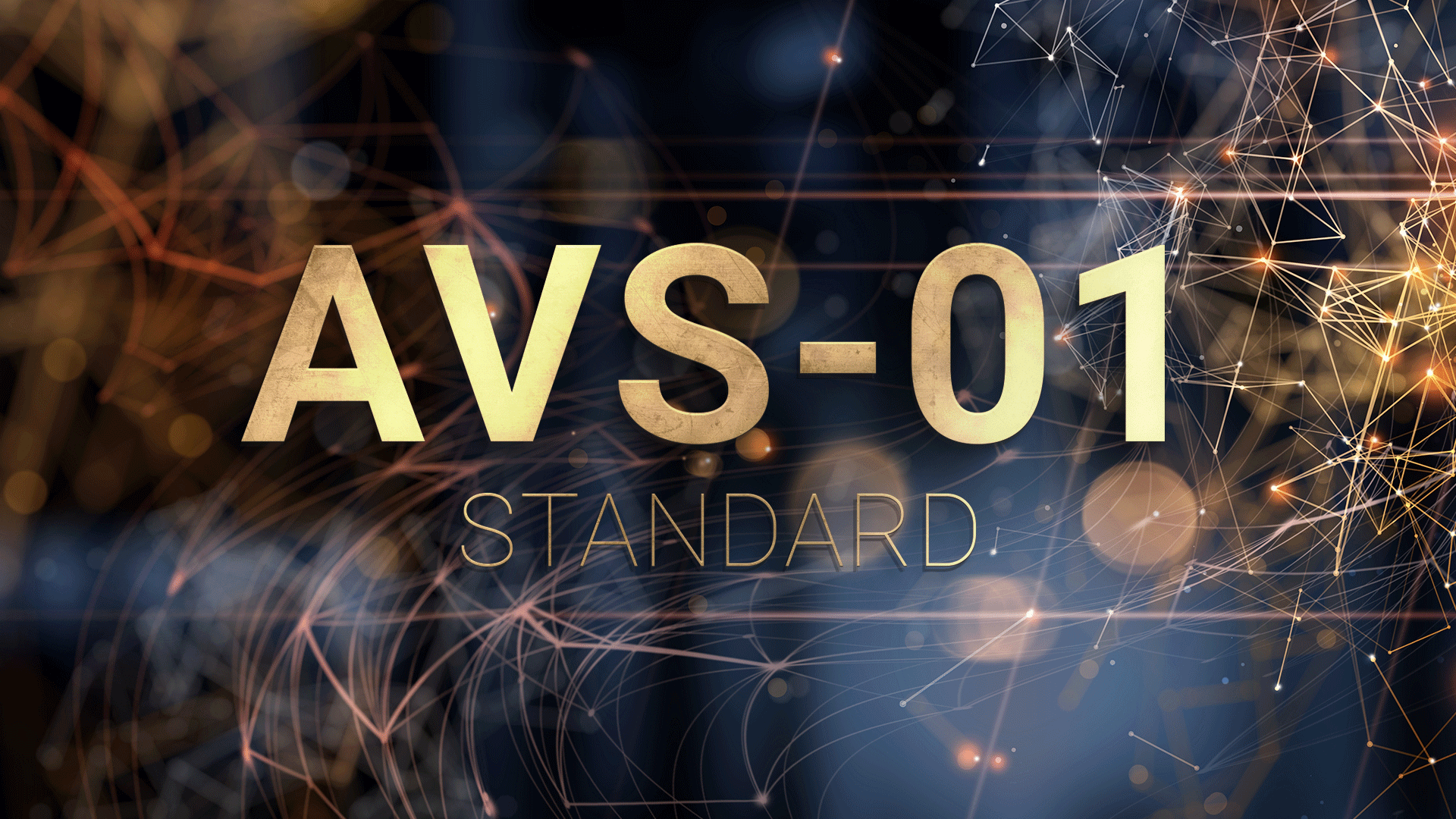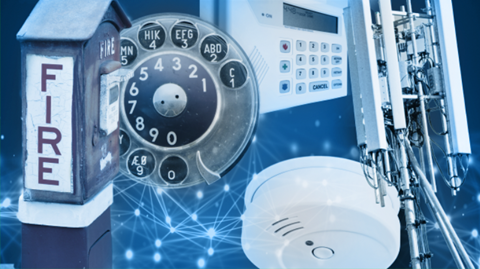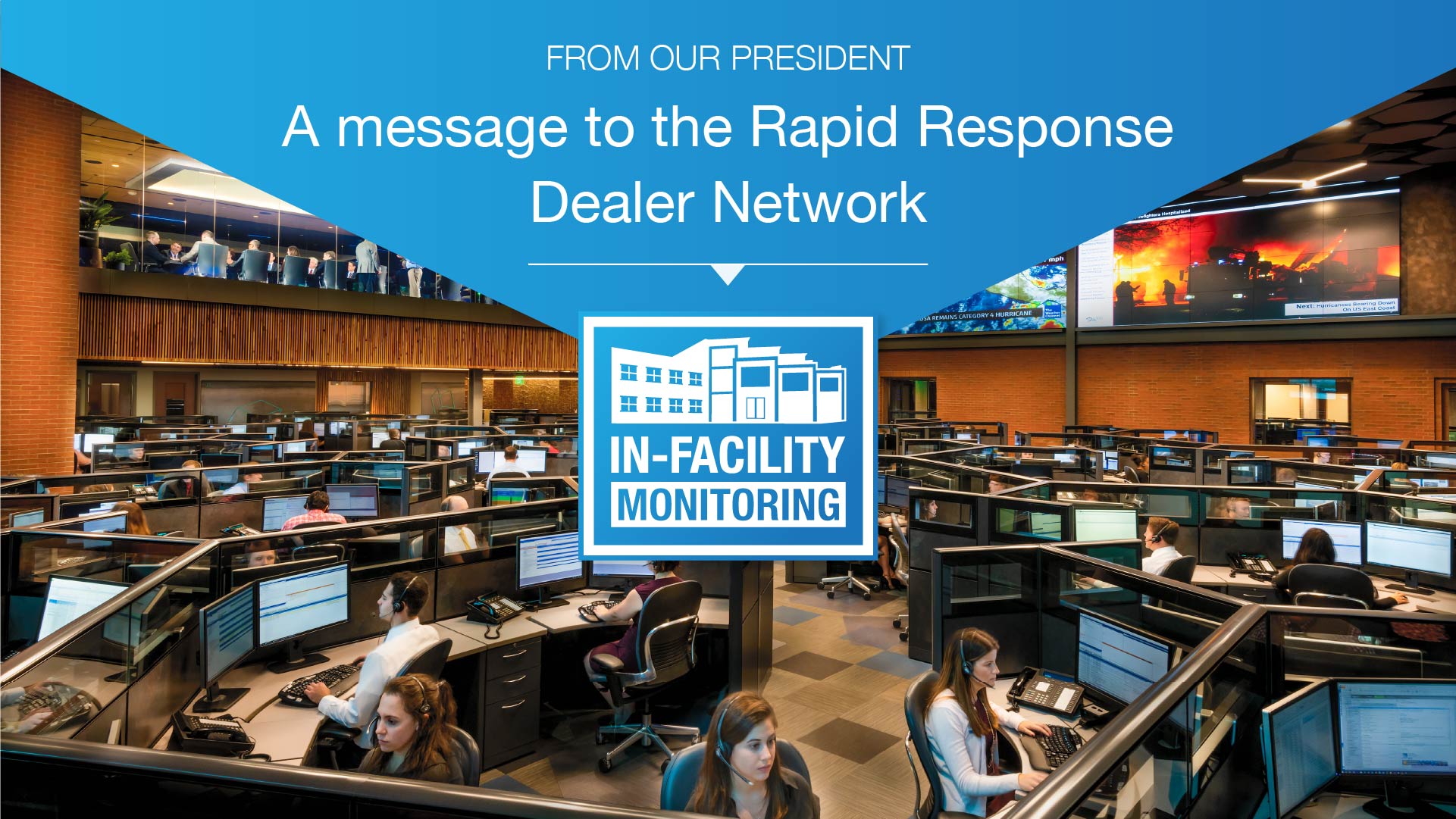The following is an excerpt from the Monitoring Matters column featured in Security Sales & Integration magazine. Our Vice President of Technology and Innovation, Morgan Hertel, is a regular contributor and authored the article below.
Recently, there has been a lot of talk about a number of issues facing our industry — permanent work-from-home additions to the UL 827 standard that allows central station agents to work from home; TMA AVS-01, which is a scoring standard that allows central stations the ability to “score” an alarm event; and even NFPA 72, the National Fire Alarm and Signaling Code — have all had recent changes or additions made to them or have been newly created.
These and other standards dictate how we do installations and how and where we monitor systems, so it’s extremely important that we understand how they come into being.
As President of The Monitoring Association (TMA), I frequently hear from people in our industry about how they don’t like this or that and that they can’t imagine how “this or that” could possibly have been approved by UL, FM, ETL, NFPA, etc. There is a lot of passion around some of these topics, and, in some cases, it results in heated and lively conversations.
But, in almost every case, when I ask some pointed questions it becomes obvious that any confusion boils down to a fundamental misunderstanding of how standards are created and then modified or changed.
To read the full article, click here.





